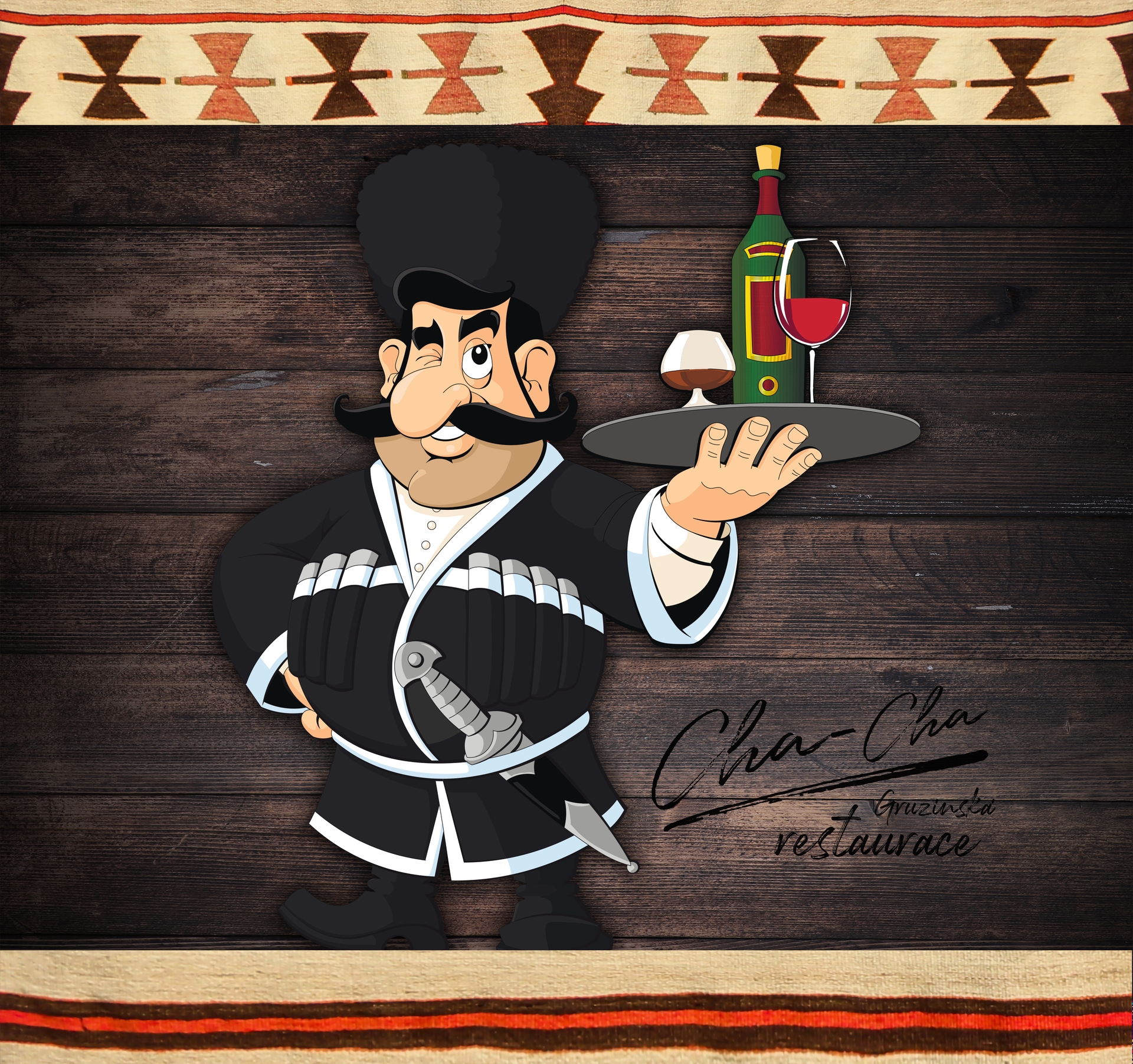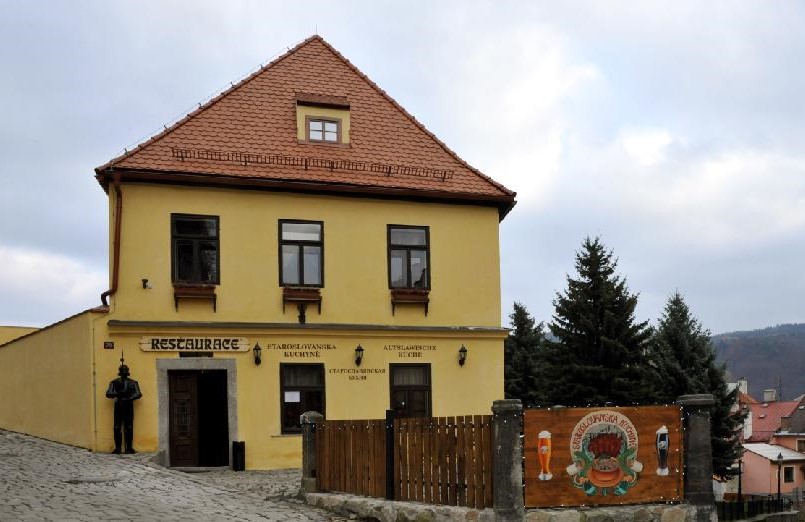Wikipedia - History of beer and beer spa
Currently, teachers do not recommend pupils in schools to rely on information contained in Wikipedia when preparing for study. It is considered unreliable. However, most people use this “folk” encyclopedia as easy accessible source of necessary basic information. Therefore, the mistakes contained in this resource not only spread rapidly, but also create erroneous reference points for readers. The same applies to the information about beer spa. Wikipedia either does not contain it, or the content is largely inconsistent with the reality.
Experts who authorize publishing Wikipedia articles on beer spa, judging by the information on their expertise and work experience, located on the Internet, are often inadequately competent and are they contain misleading information. They refused to publish the article about beer spa in Russian (German), in their opinion, it had insufficient scientific and academic base. Even if one of the authors is a science candidate and the other is a physician with six specializations, and they own officially registered patent no. 2494719 on the discovery of beer spa as a physiotherapy procedure (after several years of specification and approval) since 2013.
This patent defines the beer bath as water plus a part of the dark unfiltered, unpasteurized "live" beer. It mentions the desired temperature of 37-38°C, the positive effect of aero-massage. It stipulates the criteria for assessing the result achieved during the procedure. Besides the subjective feelings of relaxation, the skin becomes smooth and hair becomes silky thanks to the improvement of the hair structure itself and strengthening hair follicles, etc. The grounds of these effects were clarified.
Since the Wikipedia contains article about beer spa only in Czech and it lacks the information about our health patent, it is the only source of information for all readers, including the foreign ones. In this situation, it is necessary to do the analysis of sentences and facts contained in this article.
The first biggest mistake is already in the first two lines, which crucially mislead the further considerations and conclusions. It is stated, that the beer bath is an extract from hops and other plants. The question arises immediately: why does the author of the article call this beer “beer,” then? If he does not mention beer at all! Furthermore, the beer history is conditioned by the hops history. Because, according to this author, the main ingredient of the beer bath is hops, not beer. What happened to the beer until the hops appeared? It did not exist? Thus, the spa, considered hops by the author, could then originate only when the breweries started to use the hops.
Hops as a beer preservative have actually begun to be used since the end of the 8th century in some European monasteries. However, the broader use of hops in brewing, for example in Germany, started in a few centuries. In England, a few centuries later, in the Late Middle Ages. The use of hops created certain beer taste standards with “bittering aftertast”, but its connection with the emergence of beer spa has no base.
If we start talking about the true history of beer spa, we have to start with the history of beer. What did the builders of the Egyptian pyramids drink thousands of years ago? They drank 2 liters beer every day! This was the norm reported by papyrus. 5,000 years ago in the teple coplex Karnak, Egypt the Eyptians spent a „dranken Friday“ Through beer they counicaed with the gods. There were no hops, but beer was be. Only it could not been kept for long: they brewed it and drank in one or two days. Therefore, it was used to drink it always fresh, unfiltered and unpasteurized, live beer with all vitamins, micro elements and amino acids, which did not cause only alcoholic intoxication, but it was also beneficial for the human body. Beer was easily and quickly brewed and cheap. Nothing prevented the Egyptian elite, building palaces and pyramids, from having beer baths!
Even before the Egyptians, there is a reference in the ancient Sumerian cuneiform to the mass beer use. Both Sumerians and Egyptians brewed beer from the wheat and barley they themselves cultivated. But, according to some historians, beer first appeared earlier in Mesopotamia. German archaeologists seem to have found the place of beer origin and extended the history of its origins to 12.000 years ago in Göbekli Tepe (Turkey). In this ancient temple complex with vertical large stones in the stone holes of 90 liters at the bottom found grains of wild barely and wild wheat and the bones of the best parts of wild animal. Then only hunters and gatherers lived. It means that people drank beer before the emergence of the agriculture. The Christianity began to use bread and wine for similar purposes 10.000 years ago.
Probably descendants of people from Mesopotamia after 6,000 years Stonehenge was built. Archaeologists report that in accordance with the identified genome people who lived in Englang 5,000 years ago look like the poplation of North Africa.
In the Mesopotamian conditions, the beer was not brewed, but it was produced very easily: the collected wild barley was milled in stone tub with stone mortar, poured over with water and left in the sun. In a day, a maximum of two, thanks to the “wild fermentation”, a strong hops drink was obtained. It did not last long without the use of hops, but it was not bitter like today’s beer.
During the significant passage of 10.000 Greek worriors from Persia to the Caucasus, Xenophontes described the “barley wine” in clay vessels in Armenia. There, right from the vat, they drank a strong beer through a reed tub, and parted the floating grains of barley. That was 2.5 thousand years ago.
It is necessary to mention, that in the ancient China, the beer was brewed from rice. The Germans, Celts, Slavs and other nations brewed beer from available ingredients. Basically, in places, where the cultivation of grape wine was not common. In general, the beer was cooked not only from barley, but also from wheat, oats, rye, spelt, millet,rice and sorghum. In European conditions, especially in the north of Europe, the beer was the most widely used and cheapest alcoholic beverage with easy and fast production. And since beer was made on a large scale, there were also conditions for the use of beer baths by significant and solvent people, as well as by those who were associated with beer production.
In the Czech version of the Wikipedia article, the description of the content and process of the beer bath procedure itself is incorrect. The author claims that every businessman owning beer spa has their own methodology and way of the procedure. Therefore he justifies, in addition to beer, the use of yeast, herbal mixtures, etc., in accordance with “local traditions”. The fact that beer used in beer baths shall be unfiltered and unpasteurized, is not emphasized. However, it should be essential as soya meat being generally considered to be "meat". Such “soya meat” represents filtered and pasteurized beer sold everywhere, adapted to the market needs. If all useful ingredients of the beer are filtered out, and pasteurization by heating to 75 °C killed all the living, what is the purpose of using such beer in beer baths? And to expect the results as of the fully-fledged real product?
In the mentioned Wikipedia article, it is stated that the aero-massage is used in certain beer baths. According to our deep conviction and based on the proven research, we claim that the aero-massage is the most essential part of the real beer bath. It cleanses and massages the skin and hair, optimizes arterial pressure, improves potency, helps to lose weight and actively aids the overall relaxation of the body. Therefore, there is no need, as recommended by the author of the article, to leave the bath after 20-30 minutes. According to the numerous reactions of our clients, the real relaxation only begins after half an hour. Therefore, people who visit the beer spa shall have the option of continuing to relax in the bath up to 1 hour (required by 90% of clients) or to end the procedure with lying on the cot being covered with blanket. An hour is the minimum time of the procedure, since our clients often buy a second hour of rest in the beer bath with aero-massage with 50% discount on the price, in case such a possibility exists.
The misleading facts in Wikipedia article mention, that a lot of places offer to visit salt cave, Finnish sauna, lava stone massage etc. after the beer bath. It is a mistake. It is not wise to participate in other procedures influencing skin and hair after the real beer bath with unfiltered and unpasteurized beer, which opens the skin pores, cleanses the skin, nourishes the hair and saturates the whole body with useful substances. In addition, we claim responsibly that after the real beer bath, the body does not need a shower until the next day. You can identify it when you feel great, you are relaxed and life forces of your body are activated.
The author of the article also mentions that beer is a natural product with beneficial substances. But if the “product” is not obligatory in the beer bath, what is the purpose of the reasoning? The considerations about the use of hops in a beer bath follow. But we have already made clear that hops is not a mandatory ingredient of beer bath. Rejuvenating effect, aromatherapy, warming of joints, solving a number of skin problems - this is the result of the high quality beer, brewed with using hops, being present in the beer bath, not of the hops itself. Besides the unfiltered, unpasteurized beer, the rest of beer bath ingredients are not verified by special research and their effects have only a hypothetical character.
The last significant mistake contained in the article on beer spa in Wikipedia is that children under the age of 15 will not visit a beer spa. It is not so. A beer solution at this concentration contained in a beer bath cannot negatively affect the child's body, while the positive effects of the procedure remain. That is why children from 3 to 15 years of age must be accompanied by parents. Age is not a contraindication to bathing.







